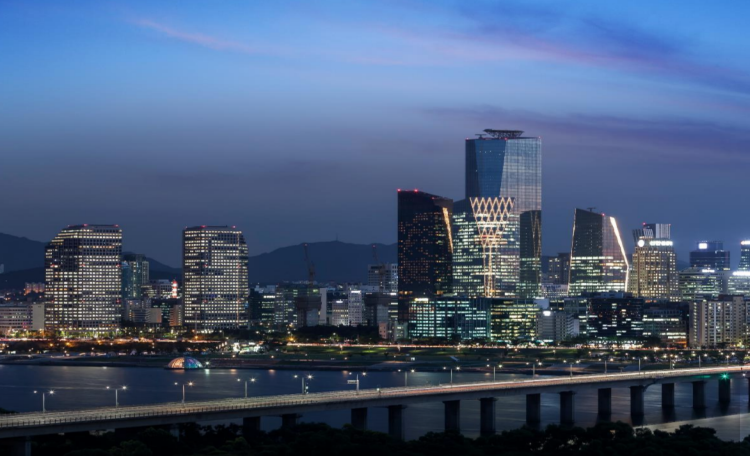Gimpo serves as a key urban logistics hub, with major retail, logistics, and e-commerce companies operating in the area. The Gochon Logistics Complex is especially favored for its proximity to Seoul, Goyang, and Bucheon—within 30 minutes—making it ideal for fast delivery. However, land availability in Gochon is nearly exhausted, limiting new development.
New logistics supply is expanding into areas like Daepo and Hakun Industrial Complexes near Incheon’s Seo-gu, and outer regions such as Yangchon-eup. These areas, however, are farther from central Seoul and may offer less locational advantage compared to Gochon.
In logistics centers over 5,000 py, tenant distribution is as follows: 3PL (26.1%), Retail (25.1%), E-commerce (20.6%), and Parcel Delivery (10.4%). Key tenants include CJ Logistics, Lotte Global Logistics, SSG.COM, GS Retail, and E-mart, with large retailers occupying most of the space.
As ESG practices gain traction, eco-friendly building certifications like LEED have become essential. In Korea, 25 logistics centers—including Gimpo’s Seongkwang Logistics Center—have earned LEED certification, with 22 more in progress. A notable case is Kendall Square Goyang Logistics Park, which holds both LEED BD+C and O+M certifications, showcasing sustainable operations across materials, water, energy, and governance.
ESG certifications now offer economic benefits beyond sustainability, including investment appeal, lower interest rates, rental premiums, and reduced operating costs—making them increasingly important in Korea’s logistics real estate market.



